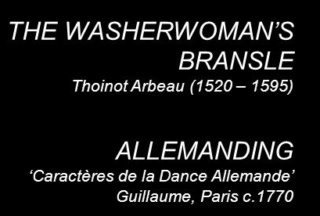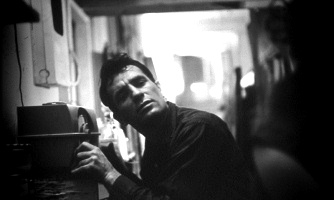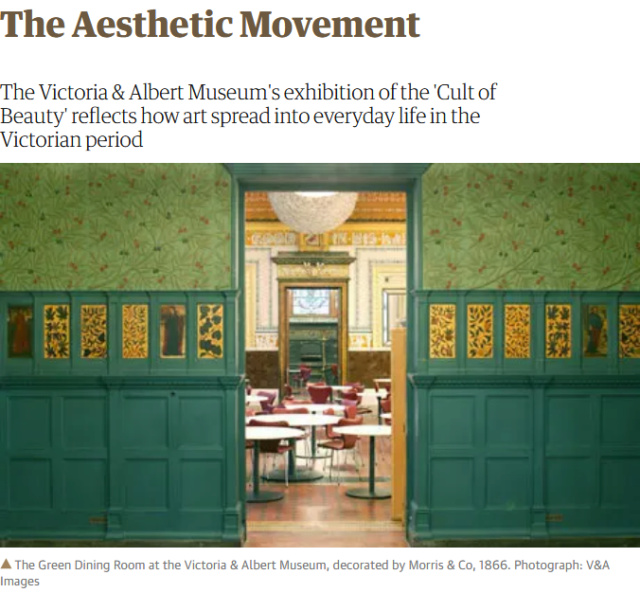Un numéro enthousiasmant de The Early Music Show : Thoinot Arbeau's Orchesographie le 15 09 2019 (53 minutes)
Par la voix du chorégraphe et de l'historien de la danse, Darren Roystonon en compagnie de l'indispensable Lucie Skeaping, on apprend tout ou presque sur les règles techniques et sociales de la danse du XVIe au XVIIIe siècle. Un feu d'artifice de savoir sur la danse, mais aussi sur l'évolution des termes (ex. le branle -> the brawl) et de la courtoisie, illustré de musiques accompagnant l'évolution des danseurs.
Sur l'histoire de la danse à partir du XVIIe siècle, voir la série d'été de Nathalie Moller sur France Musique, Une heure pour danser.
* Choreographer and dance historian Darren Royston joins Lucie Skeaping to explore the 16th-century dancing manual "Orchesographie", published in 1589 in Langres by a French cleric who went under the pseudonym of Thoinot Arbeau. The manual is in the form of a dialogue between Arbeau himself and a fictional pupil by the name of Capriol, and the dances and music therein became familiar all across Europe.
Danse of Avarice

Par la voix du chorégraphe et de l'historien de la danse, Darren Roystonon en compagnie de l'indispensable Lucie Skeaping, on apprend tout ou presque sur les règles techniques et sociales de la danse du XVIe au XVIIIe siècle. Un feu d'artifice de savoir sur la danse, mais aussi sur l'évolution des termes (ex. le branle -> the brawl) et de la courtoisie, illustré de musiques accompagnant l'évolution des danseurs.
Sur l'histoire de la danse à partir du XVIIe siècle, voir la série d'été de Nathalie Moller sur France Musique, Une heure pour danser.
* Choreographer and dance historian Darren Royston joins Lucie Skeaping to explore the 16th-century dancing manual "Orchesographie", published in 1589 in Langres by a French cleric who went under the pseudonym of Thoinot Arbeau. The manual is in the form of a dialogue between Arbeau himself and a fictional pupil by the name of Capriol, and the dances and music therein became familiar all across Europe.
Danse of Avarice















